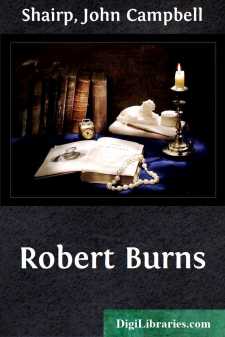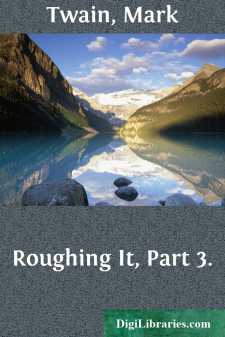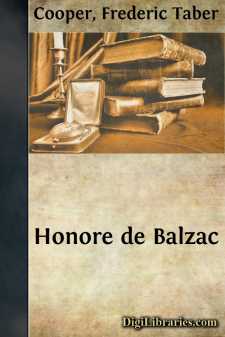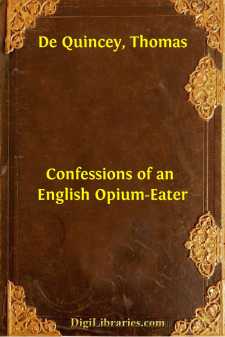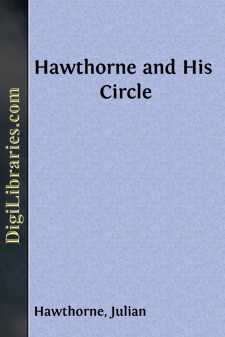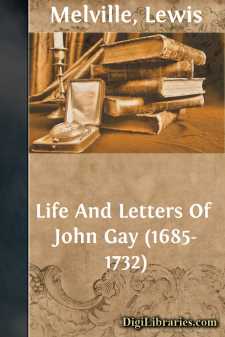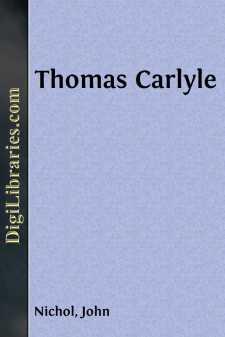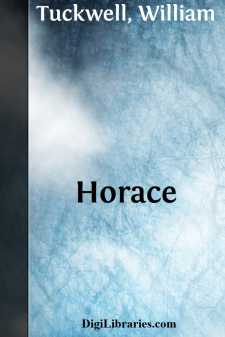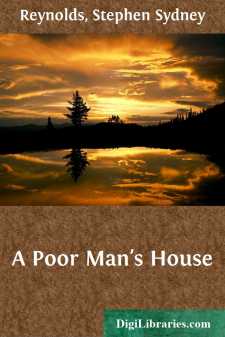Biography & Autobiography
- Adventurers & Explorers 15
- Artists, Architects, Photographers 16
- Business 2
- Composers & Musicians 14
- Criminals & Outlaws 5
- Editors, Journalists, Publishers 6
- Educators 1
- Entertainment & Performing Arts 3
- General 73
- Health, Exercise & Fitness 1
- Historians 3
- Historical 83
- Law Enforcement 1
- Lawyers & Judges 3
- Literary
- Medical 7
- Military 48
- Naturalists, Gardeners, Environmentalists 8
- Personal Memoirs & Diaries 226
- Philosophers 3
- Political 9
- Presidents & Heads of State 38
- Religious 38
- Rich & Famous 27
- Scientists 13
- Women 31
Literary Books
Sort by:
YOUTH IN AYRSHIRE. Great men, great events, great epochs, it has been said, grow as we recede from them; and the rate at which they grow in the estimation of men is in some sort a measure of their greatness. Tried by this standard, Burns must be great indeed, for during the eighty years that have passed since his death, men's interest in the man himself and their estimate of his genius have been...
more...
by:
Mark Twain
CHAPTER XXI. We were approaching the end of our long journey. It was the morning of the twentieth day. At noon we would reach Carson City, the capital of Nevada Territory. We were not glad, but sorry. It had been a fine pleasure trip; we had fed fat on wonders every day; we were now well accustomed to stage life, and very fond of it; so the idea of coming to a stand-still and settling down to a humdrum...
more...
Chapter 1.The Treatise on the Human Will. At Balzac's funeral, the glorious yet bitter seal upon his destiny, Victor Hugo delivered a magnificent address, and in his capacity as poet and seer proclaimed with assurance the judgment of posterity: "His life has been brief yet full, and richer in works than in days. "Alas! This powerful and indefatigable worker, this philosopher, this thinker,...
more...
I here present you, courteous reader, with the record of a remarkable period in my life: according to my application of it, I trust that it will prove not merely an interesting record, but in a considerable degree useful and instructive. In that hope it is that I have drawn it up; and that must be my apology for breaking through that delicate and honourable reserve which, for the most part, restrains...
more...
by:
Julian Hawthorne
INTRODUCTION Inheritance of friendships—Gracious giants—My own goodfortune—My father the central figure—What did his gift tome cost him?—A revelation in Colorado—Privileges makedifficulties—Lights and shadows of memory—An informalnarrative—Contrast between my father's life and mine. The best use we can make of good fortune is to share it with our fellows. Those to whom good...
more...
by:
Lewis Melville
CHAPTER I 1685-1706EARLY YEARS The Gays were an old family, who settled in Devonshire when Gilbert le Gay, through his marriage with the daughter and heiress of Curtoyse, came into possession of the manor of Goldsworthy, in Parkham. This they held until 1630, when it passed out of their hands to the Coffins. Subsequently they were associated with the parish of Frittelstock, near Great Torrington. In...
more...
by:
John Nichol
CHAPTER I INTRODUCTORY SUMMARY Four Scotchmen, born within the limits of the same hundred years, all in the first rank of writers, if not of thinkers, represent much of the spirit of four successive generations. They are leading links in an intellectual chain. DAVID HUME (1711-1776) remains the most salient type in our island of the scepticism, half conservative, half destructive, but never...
more...
THE LIVES OF THE POETS * * * * * EUSTACE BUDGELL, Esq; was the eldest son of Gilbert Budgell, D.D. of St. Thomas near Exeter, by his first wife Mary, the only daughter of Dr. William Gulston, bishop of Bristol; whose sister Jane married dean Addison, and was mother to the famous Mr. Addison the secretary of state. This family of Budgell is very old, and has been settled, and known in Devonshire above...
more...
by:
William Tuckwell
STRUGGLE Quintus Horatius Flaccus, the "old popular Horace" of Tennyson, petted and loved, by Frenchmen and Englishmen especially, above all the poets of antiquity, was born on 8th December, B.C. 65. He calls himself in his poems by the three names indifferently, but to us he is known only by the affectionate diminutive of his second or gentile name, borne by his father, according to the...
more...
PREFACE The substance of "A Poor Man's House" was first recorded in a journal, kept for purposes of fiction, and in letters to one of the friends to whom the book is dedicated. Fiction, however, showed itself an inappropriate medium. I was unwilling to cut about the material, to modify the characters, in order to meet the exigencies of plot, form, and so on. I felt that the life and the...
more...


